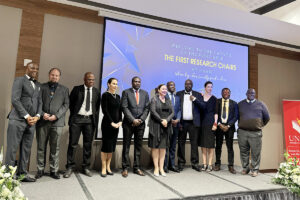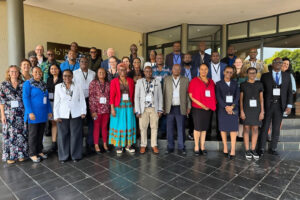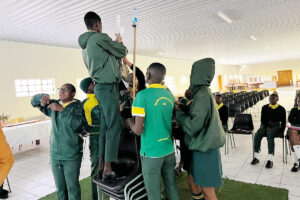The Centre for Quality Assurance and Management (CEQUAM), at the University of Namibia (UNAM), recently concluded a pivotal event, the SADC-QA TrainIQA Workshop III & Final Conference. This significant gathering, co-organised with the University of Potsdam in Germany and the Southern African Regional Universities Association (SARUA), marked a breakthrough in the pursuit of advancing higher education quality assurance within the Southern African Development Community (SADC) region.
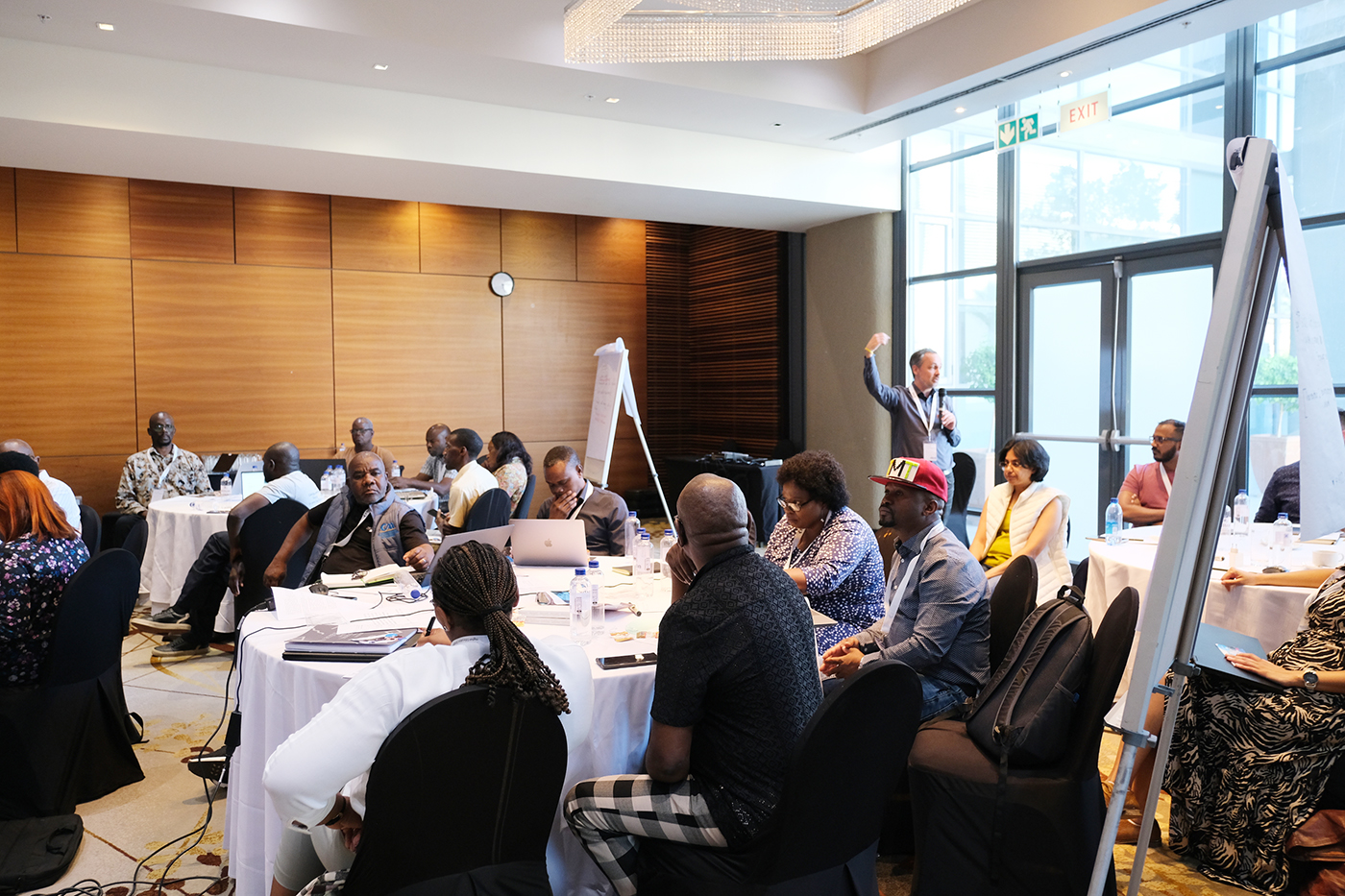
Dr. Ngepathimo Kadhila, Director of CEQUAM, highlighted the importance of this joint initiative, stating, “The SADC-QA project aims to develop capacity in quality assurance within higher education institutions in the SADC region. This aligns perfectly with our commitment to quality education and continuous improvement at UNAM.”
The Workshop III, held from 22 – 24 April, saw enthusiastic participation from various universities across 12 SADC countries, including Angola, Botswana, DRC, Lesotho, Malawi, Mauritius, Mozambique, Namibia, South Africa, Tanzania, Zambia, and Zimbabwe. Dr. Kadhila emphasised the collaborative nature of the workshop, focusing on themes such as strategic curriculum management, policy development, Artificial Intelligence’s role in quality assurance, and sustainability in higher education.
“The 3-day workshop fostered dialogue, knowledge sharing, and collaborative problem-solving among participants,” remarked Dr. Kadhila. “It was gratifying to see representatives from diverse backgrounds come together to enhance quality assurance practices within their institutions.”
Artificial Intelligence in higher education
The Final Conference, themed “Developing Higher Education and Addressing External Challenges: The Role of University Management,” took place on 25 – 26 April. Key stakeholders from the SADC region and Europe convened to discuss current developments and challenges in higher education quality assurance.
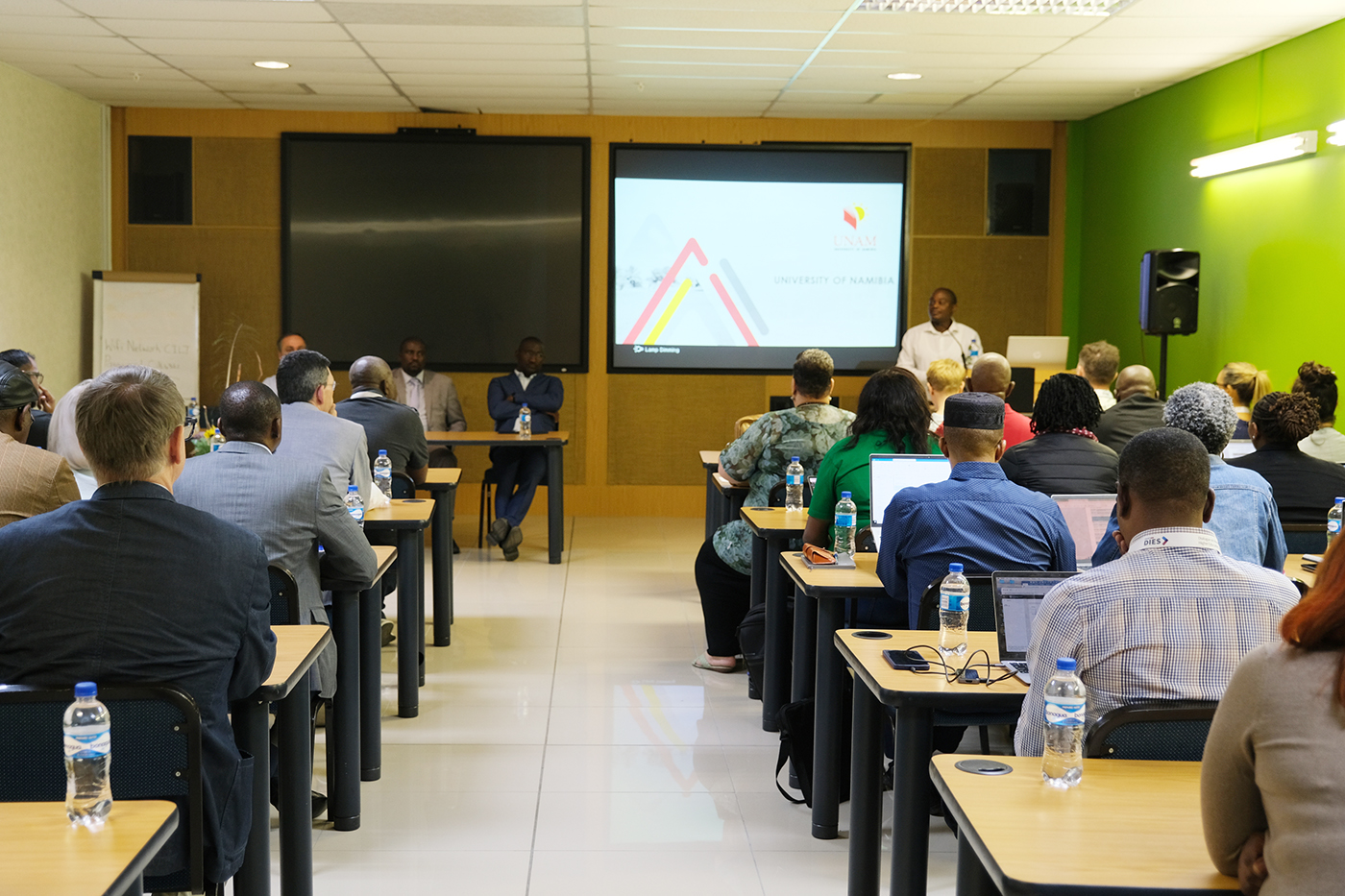
Highlights of the conference included keynote addresses on future challenges, presentations on institutional change projects, panel discussions on Artificial Intelligence (AI) in higher education, and the establishment of a Community of Practice for Institutional Quality Management under SARUA.
“The panel emphasised AI’s transformative impact on higher education, enabling tailored learning experiences and streamlining administrative tasks,” remarked Dr Kadhila. He added that: “AI fosters inclusive learning environments but requires careful management due to privacy concerns and potential biases. Its responsible integration demands a balance between benefits and ethical considerations to ensure it complements human instruction without overshadowing it.”
The event, which brought together approximately 80 participants, reaffirmed UNAM’s commitment to quality education and its strategic focus on quality teaching, research excellence, and internationalisation.
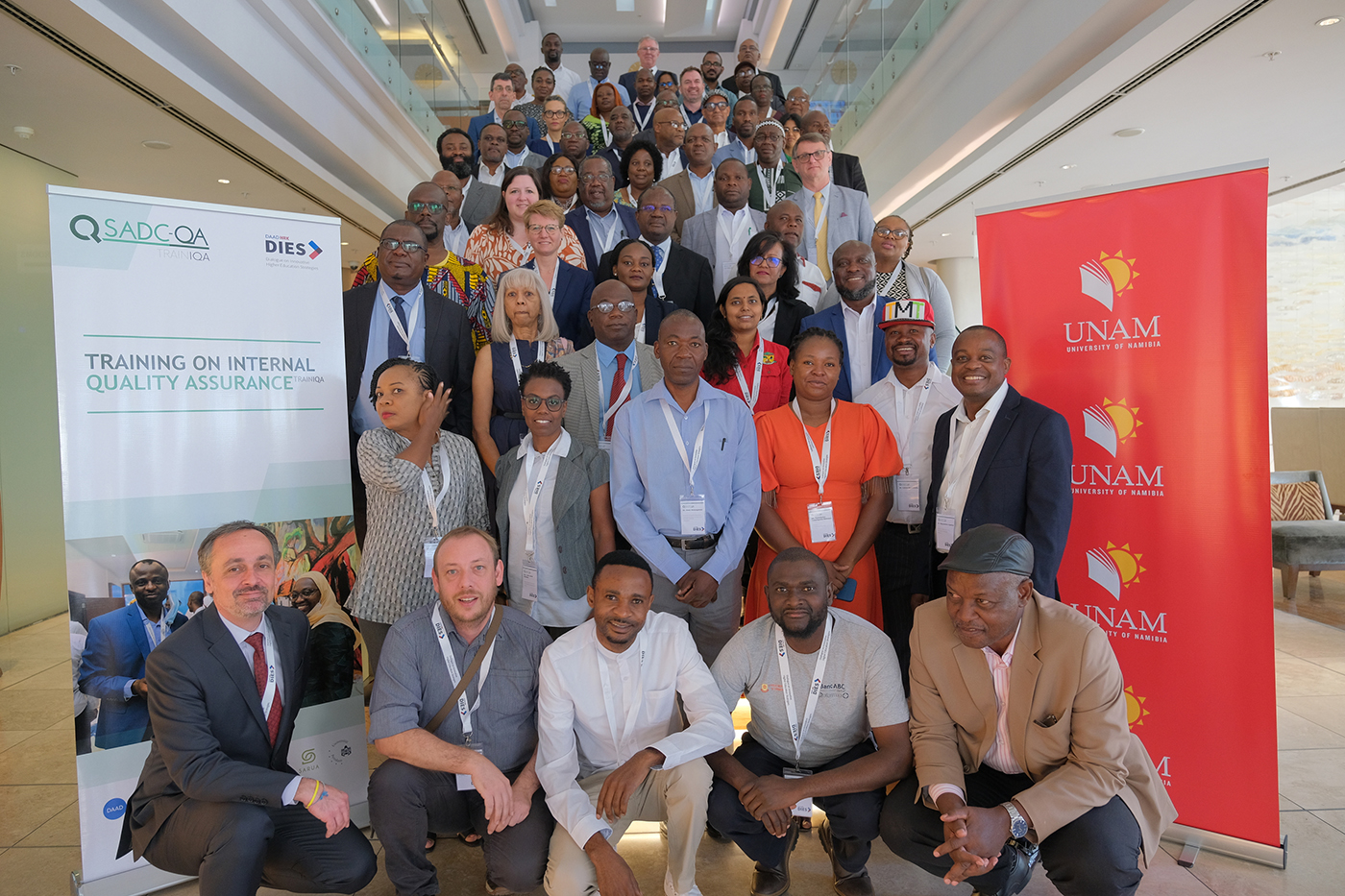
As the curtains closed on the SADC-QA TrainIQA Workshop III & Final Conference, participants departed with enriched perspectives and renewed determination to further elevate the quality of higher education in the SADC region. UNAM and its partners remain steadfast in their dedication to advancing quality assurance practices for the betterment of higher education across borders.


